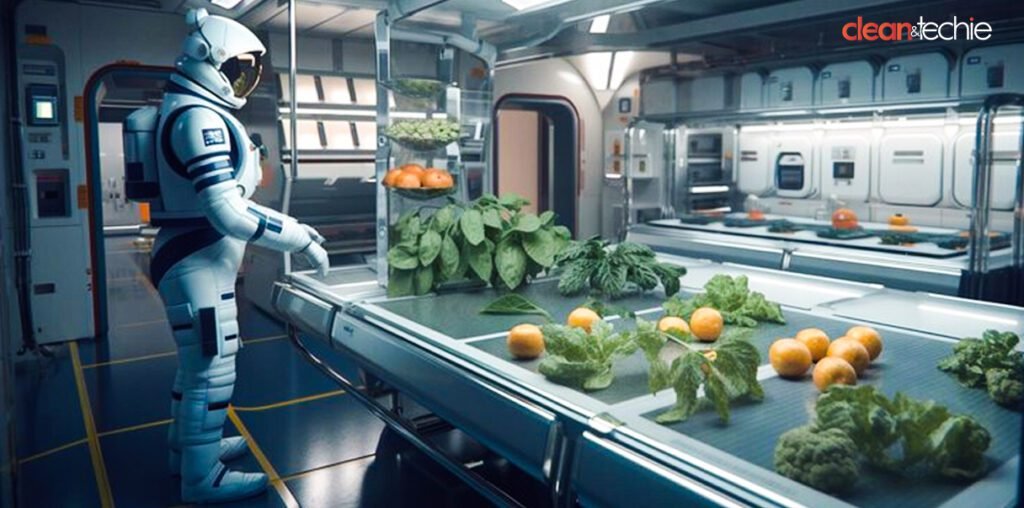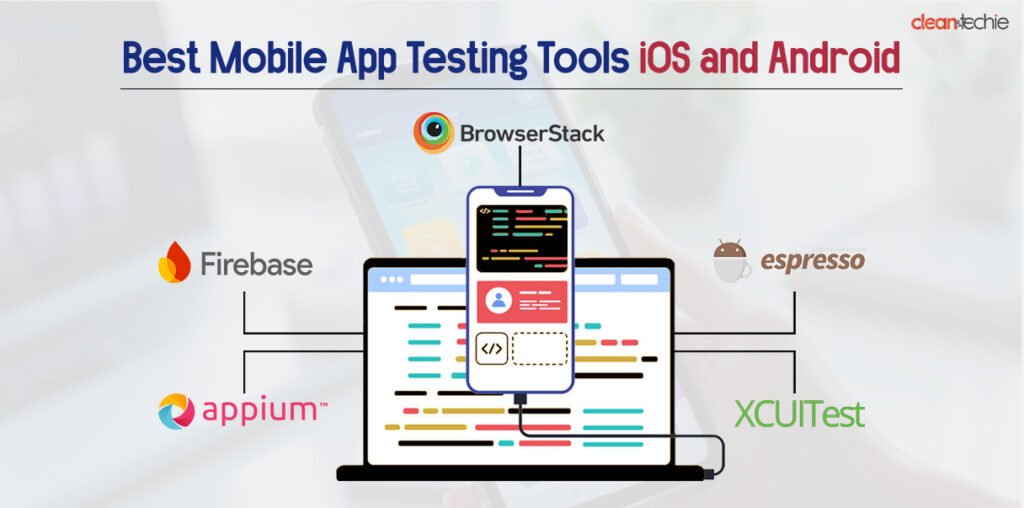At first glance, Food Industry and Technology might not appear to be natural companions, however; technology has changed the food sector in a variety of ways.
It is difficult to sleep on the impact of technology on the food industry. Technological advancements have transformed the food business in numerous ways. One of the most noticeable changes is the ease of access to food-related information. Historically, collecting information about food took time, necessitating dependence on rumor or experimentation to discover new items and recipes. However, in today’s world, there is an abundance of knowledge available. Customers can now read product reviews before making a purchase and easily find new culinary items and recipes with a simple click.


How the Food Industry has benefited from Morden Technology:
Automated Food Production:
Automated food production is about the use of machinery, robotics, and computerized programs to perform various tasks involved in food processing, packaging, and manufacturing. These tasks are carried out with minimal human intervention and maximum accuracy.
Better Food Quality:
The integration of technology into Food Industry and processing has sublime food quality. Cutting-edge technologies like x-ray inspection and metal detection effectively identify and remove contaminants from food, guaranteeing that only top-tier products are delivered to customers. Moreover, the adoption of innovative processing methods and technology has led to the development of superior and more nutritious food products.
Increased Production Efficiency:
In the world of food processing, technology brings a game-changing advantage: boosted production efficiency. Thanks to automation and other tech upgrades, production processes are faster and more precise, slashing the time and manpower needed to churn out food items. This uptick in efficiency empowers food processing companies to ramp up their production, meet consumer cravings, and trim expenses along the way.
Advanced Food Processing:
Innovations like food tracking and traceability technology are essential in Food Industry in upholding food quality by allowing seamless monitoring of food products across the supply chain. Further, automated cleaning systems and robotics contribute to maintaining impeccable hygiene standards, thereby mitigating the chances of food contamination.
Robust Supply-Chain Management:
Advancements in Technology in the Food Industry have contributed to the enhancement of supply chain management within the food processing industry. RFID Rradio-Frequency Identification) is the most common example of it. With RFID technology, businesses can track products throughout the supply chain, accessing up-to-the-minute data on their whereabouts, quantity, and state. This capability empowers businesses to optimize inventory management, minimize wastage, and swiftly adapt to fluctuations in consumer demand.
Enhanced Customer Satisfaction:
Technology has transformed how customers order food through the introduction of online ordering platforms, enabling them to easily browse menus, place orders, and make payments. Virtual and Augmented Reality (VR/AR) technologies have revolutionized the food sector. Virtual reality transports customers to virtual environments that allow them to explore various dining concepts. Augmented reality overlays digital information onto the real world, enabling customers to interact with product information and virtually try out different food options.
The impact of technology on the Food Industry has been revolutionary and transforming, driving growth and success through improved customer experiences, operational efficiency, and enhanced food safety and quality.
To remain competitive in the fiercely competitive market and changing consumer demands, integrating technology into food operations is a game-changer. Whether it’s AI-driven personalized shopping experiences, mobile ordering, or contactless payments, technology has the potential to delight customers and foster lasting relationships.
The future of the food industry hinges on seamless technology integration, offering an efficient, immersive, and enjoyable shopping experience. By embracing innovation, businesses can leverage technology as a strategic ally in navigating this dynamic industry.
Also Read: Unleashing the Importance of Websites in Today’s Digital Landscape


